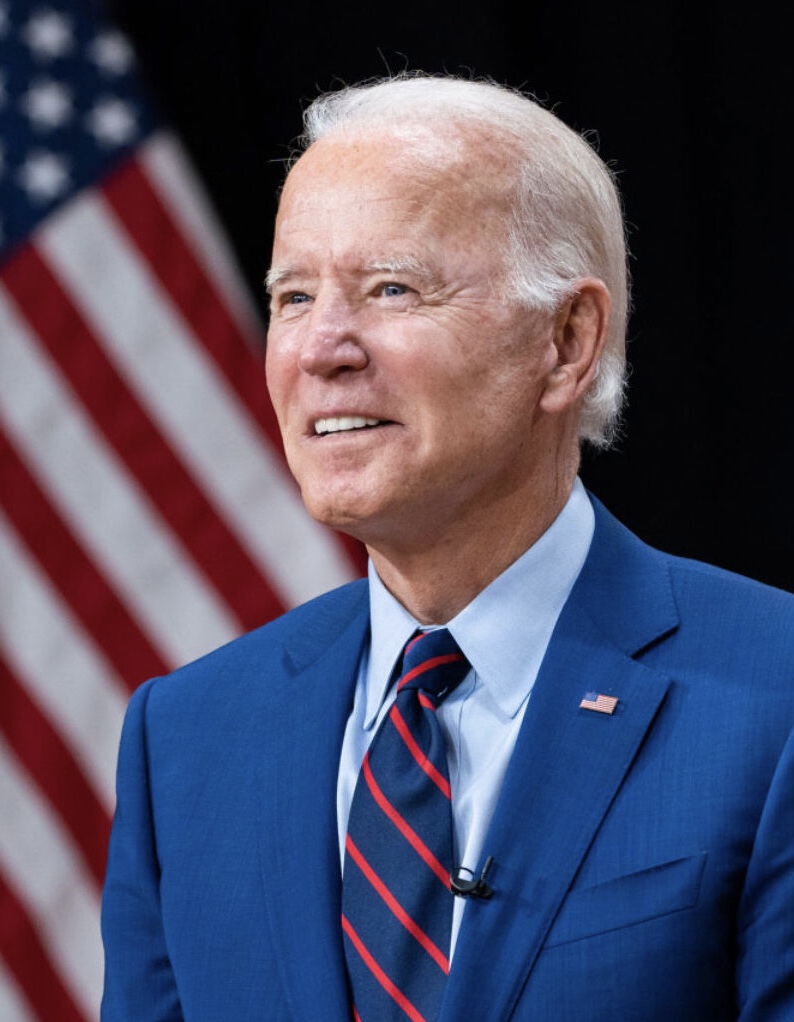May 25, 2023
In the early days of his 2020 campaign, President Joe Biden promised to increase access to early care and education for all of America’s children. “If we truly want to reward work in this country, we have to ease the financial burden of care that families are carrying,” said Biden in June 2020. After winning the election, Biden put forward the “Build Back Better Framework,” a sweeping piece of legislation that would have fundamentally changed child care in America. But after making its way through a divided Congress, the child care provisions, along with other elements, were scrapped.
 Determined to deliver on his promise, Biden has employed what some have called a “workaround” on the issue of child care, starting with the inclusion of a unique provision in the CHIPS and Science Act — the federal government’s investment in the semiconductor industry — that requires all subsidy applicants to include a plan to provide child care for their workers. “You will not be successful unless you find a way to attract, train, put to work and retain women, and you won’t do that without child care,” said Commerce Secretary Gina Raimondo in an interview about the requirement.
Determined to deliver on his promise, Biden has employed what some have called a “workaround” on the issue of child care, starting with the inclusion of a unique provision in the CHIPS and Science Act — the federal government’s investment in the semiconductor industry — that requires all subsidy applicants to include a plan to provide child care for their workers. “You will not be successful unless you find a way to attract, train, put to work and retain women, and you won’t do that without child care,” said Commerce Secretary Gina Raimondo in an interview about the requirement.
The announcement drew criticism from both sides of the political aisle, ranging from all-out ire to a more measured call to temper expectations. Republicans said they felt the provision was a form of social engineering, with Senator Mitt Romney (R-UT) claiming that the move was “jamming woke and green agenda items into legislation.” Bloomberg columnist Claudia Sahm pointed out that the success of the rollout would depend on how companies provide access. And even if it was successful, the requirement would only benefit about 200,000 families — a small drop in the bucket compared to the national need.
Early education policy expert Elliot Haspel took umbrage with the model itself, cautioning that this could be the first step in a standardized practice of linking child care to employment. In an op-ed for Fast Company, Haspel warned that if child care becomes linked to employment, it could easily become painfully inequitable, similar to how linking health care to employment has resulted in poor health outcomes when people lose their jobs. “The equation of lose your job, lose your child care may be even more cruel,” observed Haspel, “because there is a third party involved: the child.”
![]()
Others approved of the employer-sponsored child care requirement. In an op-ed for The Hill, National Women’s Law Center Vice President Melissa Boteach pointed out the simple logic involved: The U.S. needs semiconductors. To make them, the industry needs workers, and those workers need child care. And while it’s not a comprehensive solution, Boteach points out that the administration has put forth other child care funding initiatives as well.
The powerful tech industry group Chamber of Progress — which counts Apple, Amazon, Google and Meta among its members — also urged the administration to keep the requirement. In a letter to the Department of Commerce, the group noted that “encouraging companies to offer access to childcare is a critical step towards closing this gender gap and building the semiconductor manufacturing workforce – and construction workforce – our nation needs to build and operate new plants.”
Despite the mixed response, Biden has continued to employ the work-sponsored child care solution. In April, he signed multiple executive orders directing nearly every Cabinet-level agency to use existing funds and programs to expand access to child care. Biden called these orders “the most comprehensive set of actions any administration has taken to date to increase access to high-quality child care and long-term care and support for the caregivers.” The orders also include a directive to improve working conditions for early educators, including increasing pay for Head Start employees.

However, the executive orders do not come with a budget attached and only cover federally-funded agencies and programs. As such, they represent what Huffington Post correspondent Jonathan Cohn called “baby steps” toward what is truly needed to make affordable, high-quality child care a reality for most Americans. In a comprehensive piece for Vox, reporter Rachel Cohen implored readers to understand what the phrase “child care crisis” means and not be satisfied with media hype about the CHIPS Act or the executive orders when they cover only a small fraction of what is necessary to fix the problem.
“We have a history of settling for ‘let’s get something in place’ without then really going back and making it what it should be, or making it better,” said Laura Bornfreund, a New America senior fellow, about the Biden efforts. Bornfreund was one of several experts interviewed by EdSurge’s Emily Tate Sullivan, who recently penned a high-level analysis of the tension between employee-sponsored child care and the push for a comprehensive government-funded fix. While characterizing the recent Biden moves as embodying a “Let’s not let the perfect be the enemy of the good” sentiment, Tate Sullivan also reiterated Bornfreund cautionary tale of employee-linked health care.
This is an emerging story, with new developments daily. To help our readers understand where the U.S. is in regard to finding federal-level child care fixes to date, we have included a library of article links below and encourage you to stay abreast of the ways the country is attempting to provide child care for working families.
- The New York Times: To Tap Federal Funds, Chip Makers Will Need to Provide Child Care (Tankersley, 2/27/23)
- USA Today: Child care a requirement for chip makers seeking billions in incentives under Biden rules (Garrison, 2/28/23)
- NPR: Biden has big ideas for fixing child care. For now a small workaround will have to do (Hsu, 3/17/23)
- Reuters: Biden administration issuing new childcare guidance for semiconductor chips subsidy program (Shepardson, 3/27/23)
- The 19th: Biden’s new executive order could expand access to child care and long-term care (Carrazana & Luterman, 4/18/23)
- Huffington Post: Joe Biden Just Took Baby Steps On Child Care (Cohn, 4/21/23)
- First Five Years Fund: Biden Doubles Down on Child Care Priorities Through Executive Order (4/24/23)
- Bipartisan Policy Center: Will CHIPS Child Care Plans Displace Children Currently Being Served? (4/28/23)
- CNBC: Tech group urges Biden administration to keep child care requirement for chips funding (Feiner, 5/1/23)
- EdSurge: Are Workplace Benefits a Viable Solution to the Child Care Crisis? (Tate Sullivan, 5/3/23)









